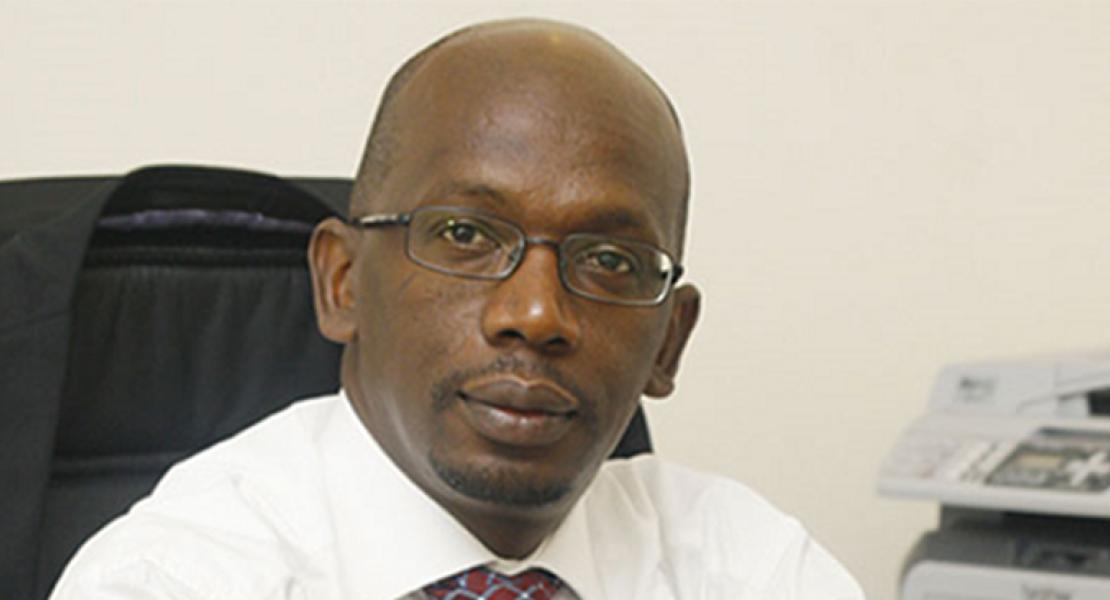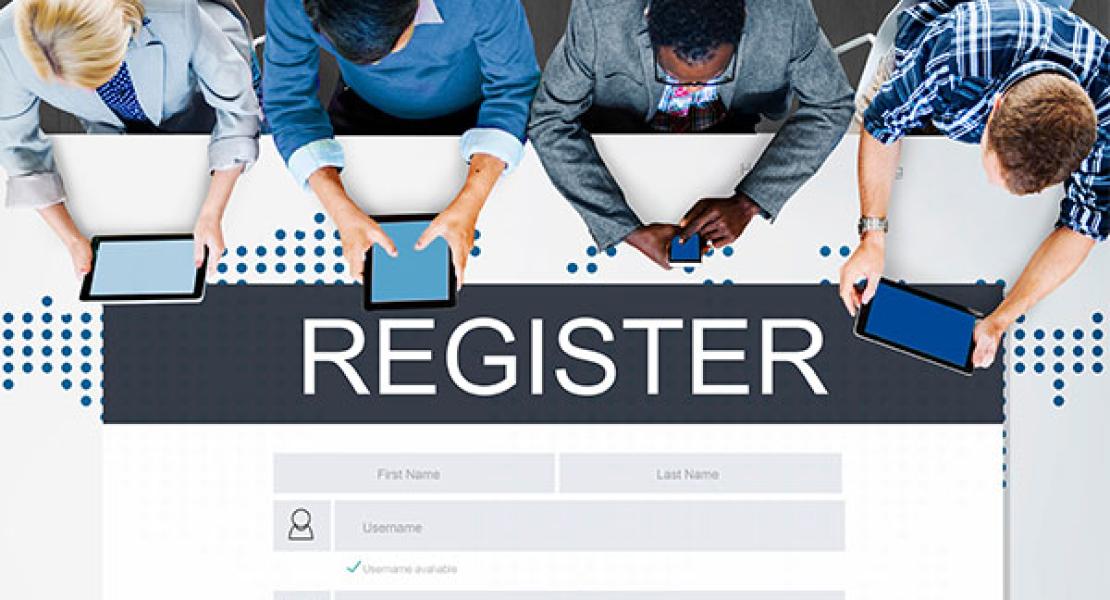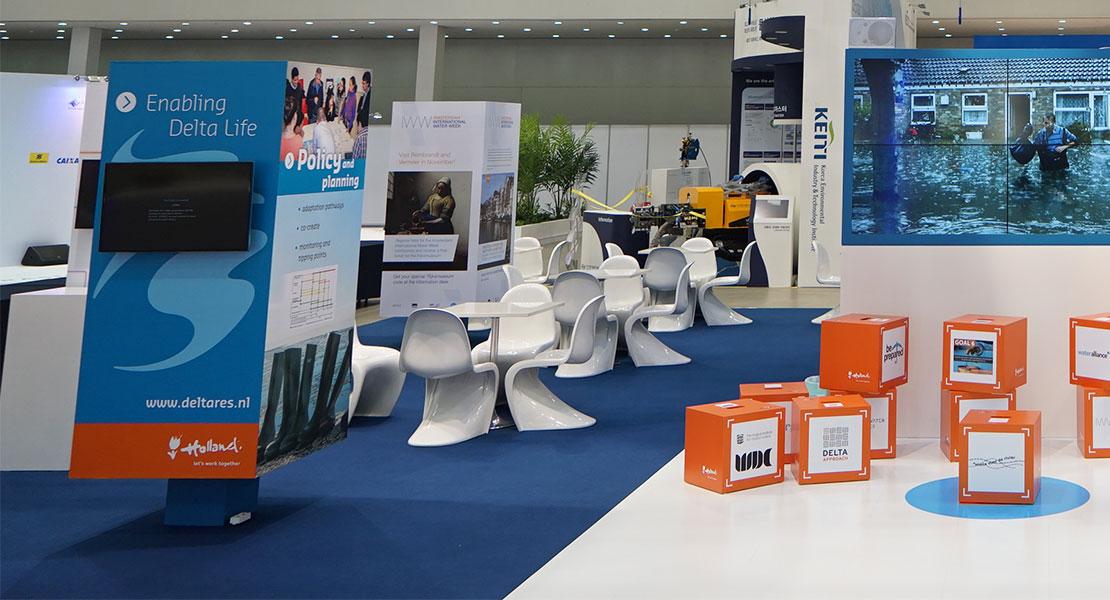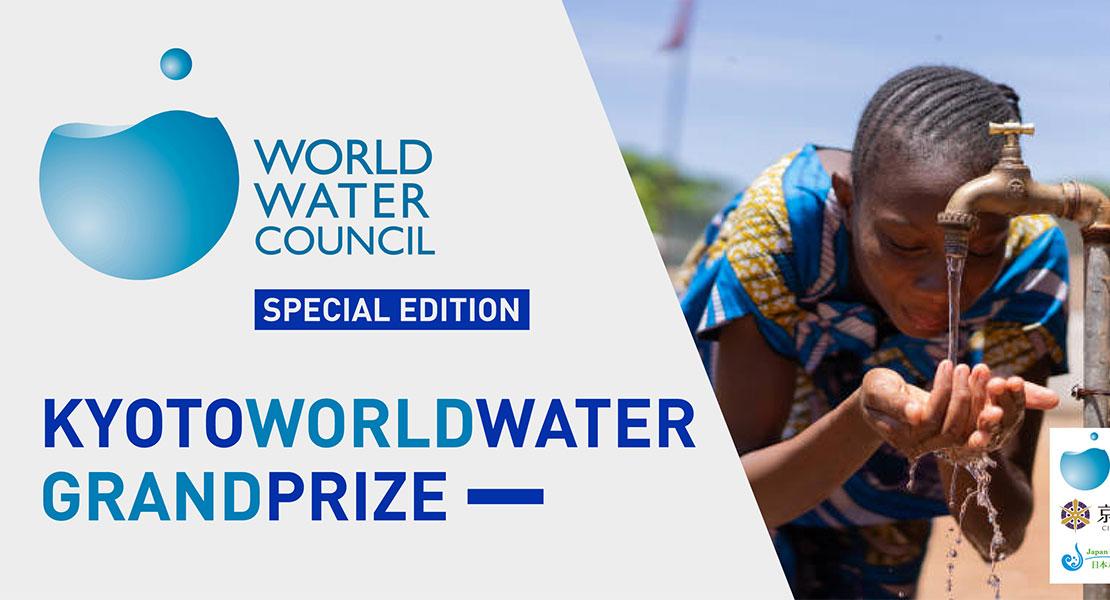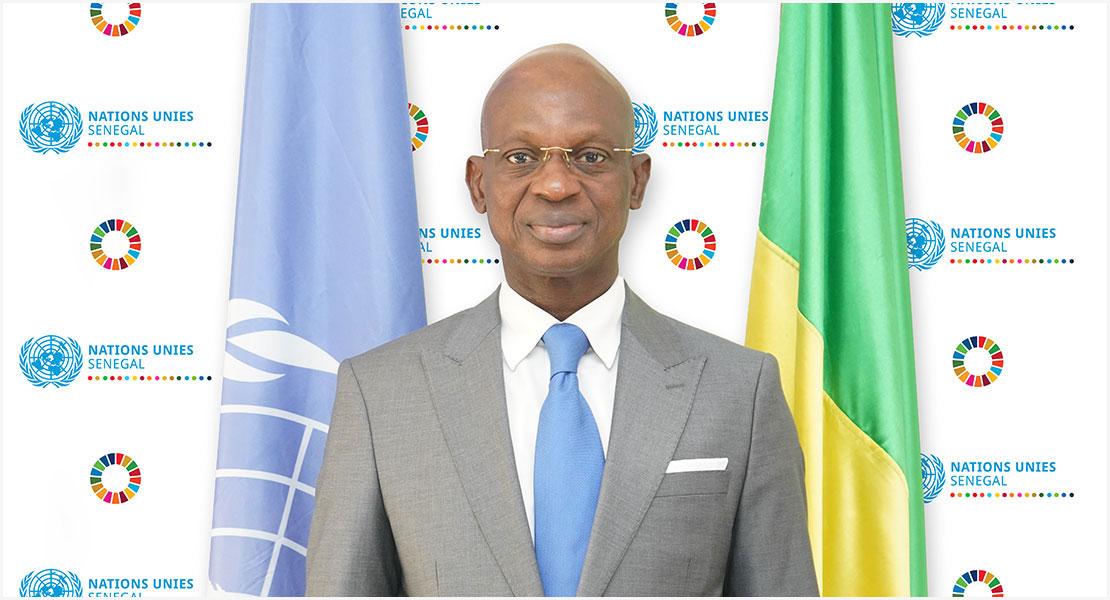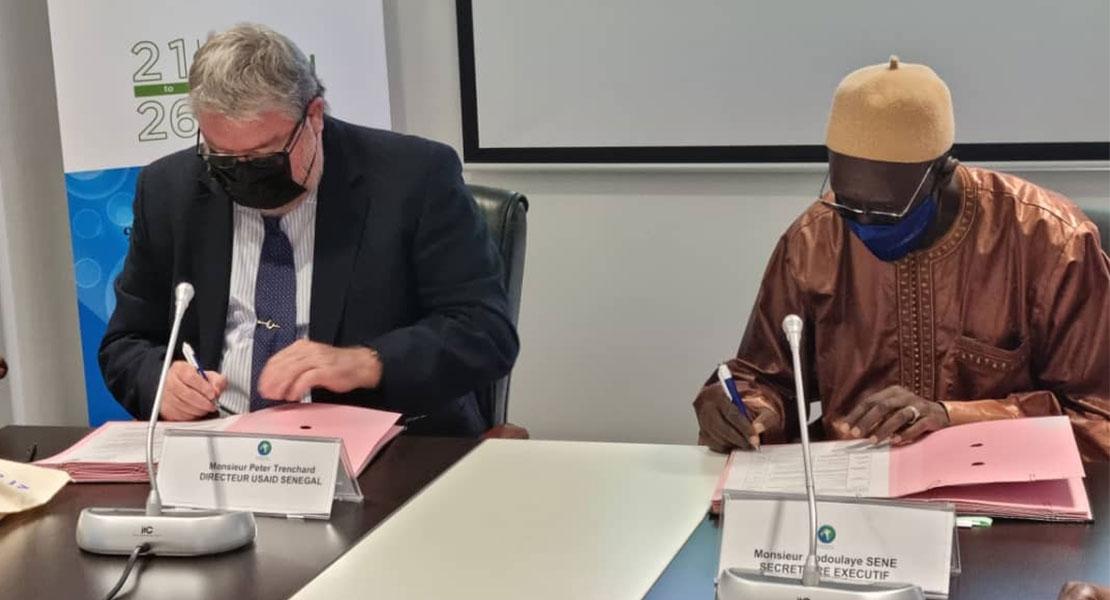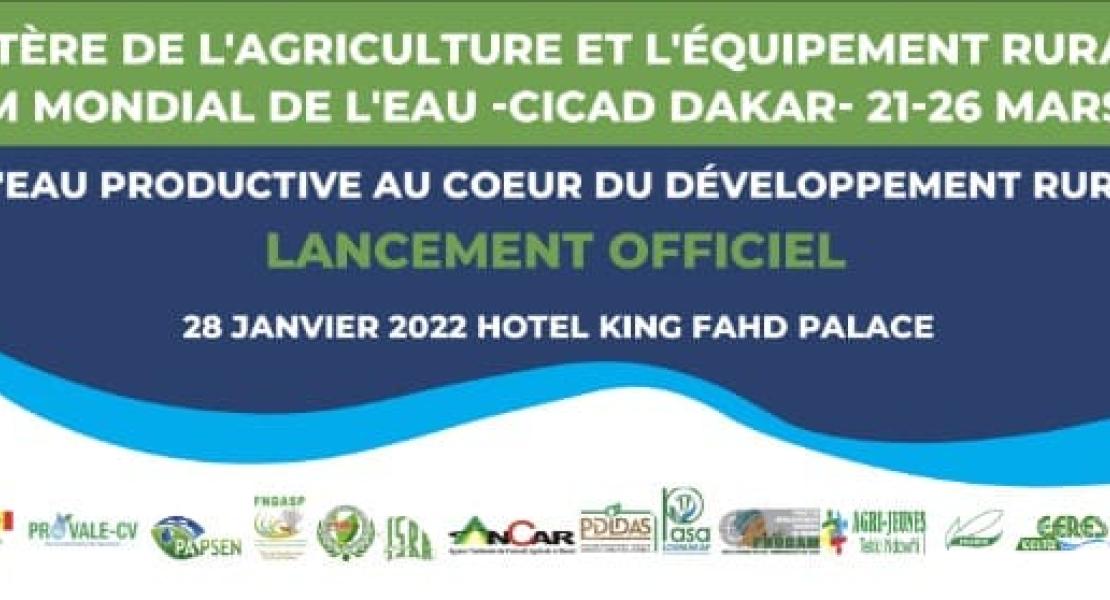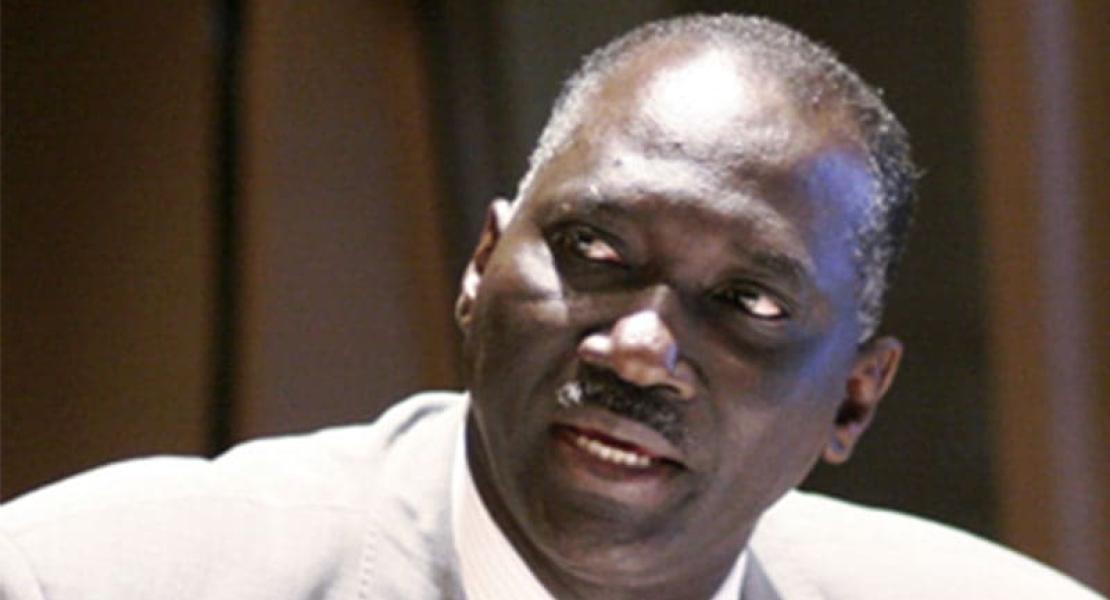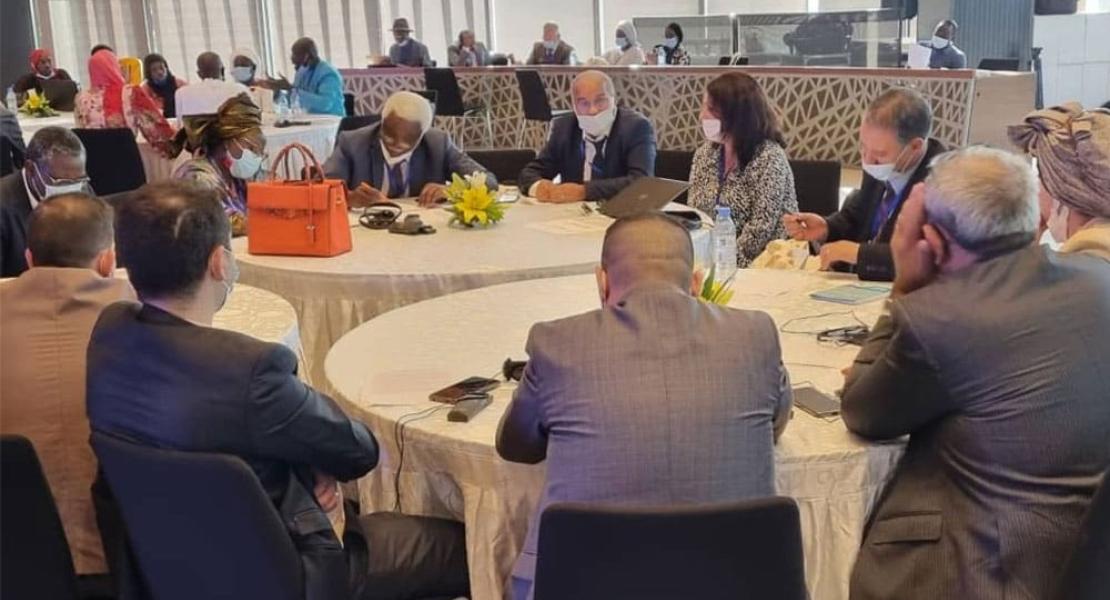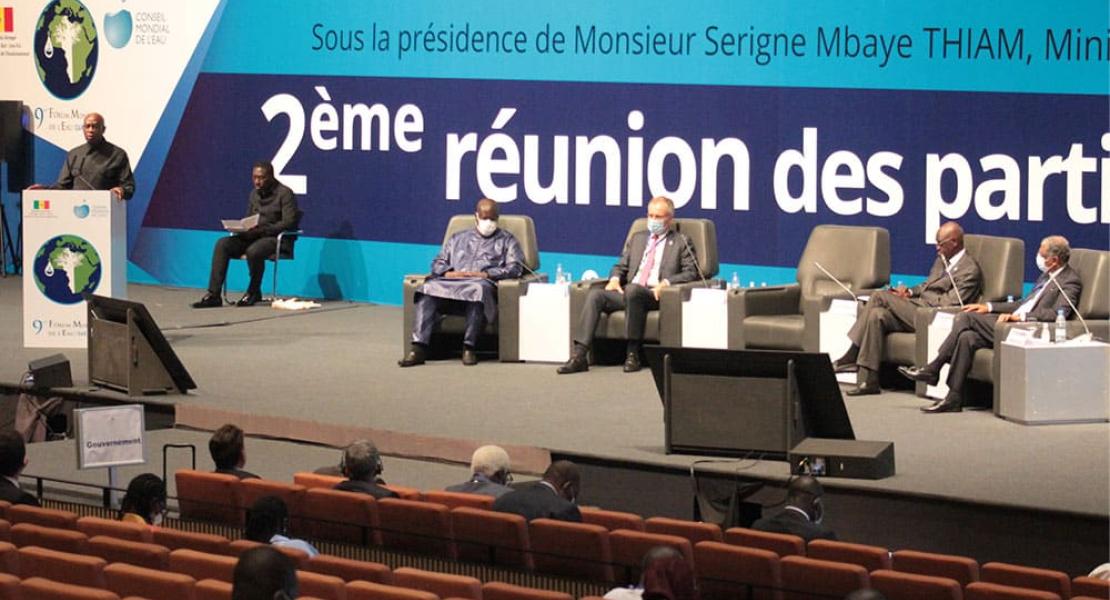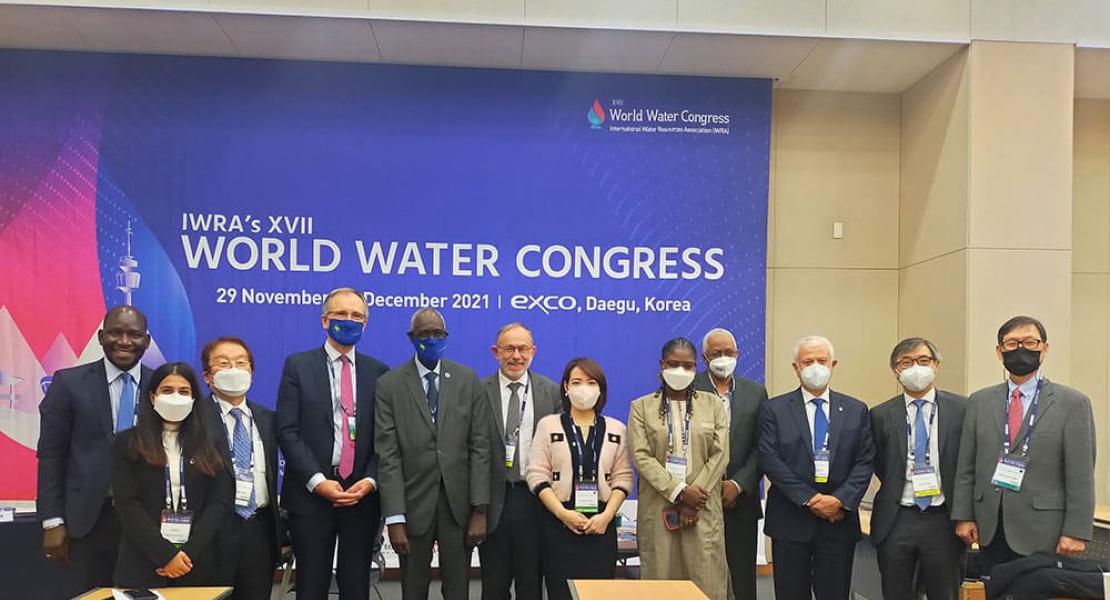INTERVIEW : Lansana Gagny SAKHO, Managing Director of the National Sanitation Office of Senegal (ONAS)
What does the 9th World Water Forum mean for ONAS?
The 9th World Water Forum is an exceptional platform for ONAS to express itself on the issues and challenges of the sanitation sub-sector. It is a forum that should enable us to find innovative solutions for the financing of sanitation and to come up with concrete proposals for better sanitation management.
We believe that this Global Forum is also an opportunity to refocus on sanitation issues that are as much a priority as those related to access to water. It is often forgotten that a large part of drinking water is transformed into wastewater, which is transferred to the sanitation services that will be responsible for treating it. And the WHO confirms that 80% of wastewater worldwide is discharged into the environment without treatment (Source: Brasilia World Water Forum). Consequently, better management of sanitation must be a priority for all participants in general and decision-makers in particular.
The World Forum is also a global event and an important opportunity for Senegal, through ONAS, to share its experiences in the field of sewage sludge recovery with the Omni processor and good practices in wastewater treatment.
How is ONAS involved in the preparatory process and the organisation of the Forum?
ONAS has already taken part in the Forum held in Brazil, that is to say, we have been involved since the presentation of Senegal's candidacy. In addition to this, the technicians of ONAS have worked on the proposal of the themes and sub-themes. At the sub-regional level, in my capacity as Vice President of the African Water Association (AfWA), I can assure you that all arrangements are being made within the said association for a fruitful contribution. AfWA is full of competences capable of proposing tangible and relevant solutions to the problems of the continent and of feeding reflection in order to face the major challenges.
It is within this framework that an awareness-raising and information programme was carried out to ensure a good rate of participation by Africa, to encourage member countries of the subregion to submit labelled and replicable projects for the World Water Forum and to encourage members to participate massively in the Forum.
A website of AfWA-Sénégal was also set up to better share information on the holding of the Forum.ONAS will put all the necessary resources at the disposal of the Executive Secretariat of the Forum to contribute to the success of the event.
What are your expectations considering the mission and objectives of ONAS?
We hope that after this Forum, our country will mobilize additional financial resources to implement other projects in order to better cover the needs of the population.
We had organized the 20th African Water Association 2020 Summit in Kampala, Uganda from 24 to 27 February 2020. We believe that the issues raised at this summit can be put back on the table to try to find solutions on the one hand and on the other hand to see how the recommendations of the Kampala Summit can be shared. The realisation of the MDGs is still on the agenda and many African countries are facing similar problems.
We need to share experiences to save time and costs in order to accelerate progress towards achieving the goals.
In short, the Dakar Forum has several stakes for Senegal and for ONAS and it is an opportunity for ONAS to consolidate its relations with its traditional partners and to forge new partnerships. It is also a time for us to present our emblematic projects such as the Hann Bay Depollution Project, to showcase good practices in the valorisation of sanitation by-products.
We have started the experimentation of the delegation of the sewage sludge management service. This option has borne fruit. We spend less on station maintenance. It is a model that other countries can capitalize on. We are also convinced that autonomous sanitation is the option that should be encouraged. Our States do not have the means to connect everyone to the sewerage system. If the money injected into collective sanitation had been put into autonomous sanitation, African countries would have made significant progress.
How does ONAS intend to mobilize its partners to contribute to the success of the Forum?
I think some of our partners are already involved in the preparatory process. There are partners who have a lot to show, I am thinking in particular of private operators, some of whom manage the sewage sludge stations. There are also other organisations such as SpeakUpAfrica, Niel, which are in advocacy and which will take an active part in the Forum. So, awareness-raising work is already under way. I have no doubt that at this level, the bet of mobilization will be won. In this sector well before the pandemic, there were many meetings and webinars were held during the pandemic. During these meetings, we did not talk specifically about the Global Forum, but already there is a good dynamic that gives hope that our partners will play a key role in the successful organization of this Forum. Senegal holds the Vice-presidency of the African Water Association and I believe that this is a lever that will be used to mobilize the skills of AfWA so that its experts can participate in the Forum.
In addition, Senegal also holds the presidency of the Pan-African Association of Actors of Autonomous Sanitation ( APAA) with Mr Ibra Sow who is also the president of the Association of Actors of Sanitation of Senegal ( AAAS). APAA has members in 11 French-speaking and 7 English-speaking countries.

